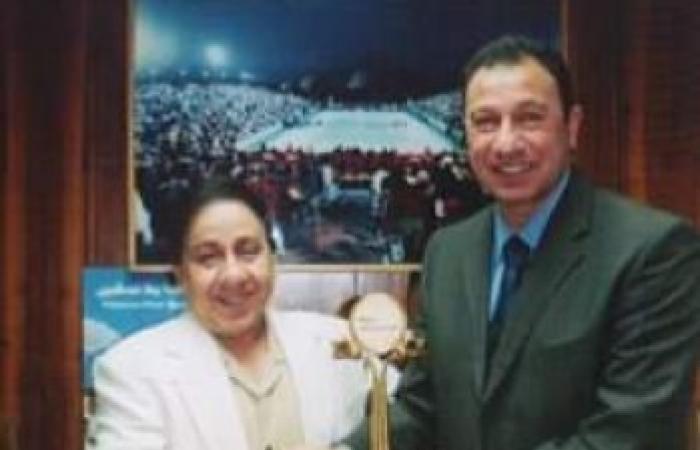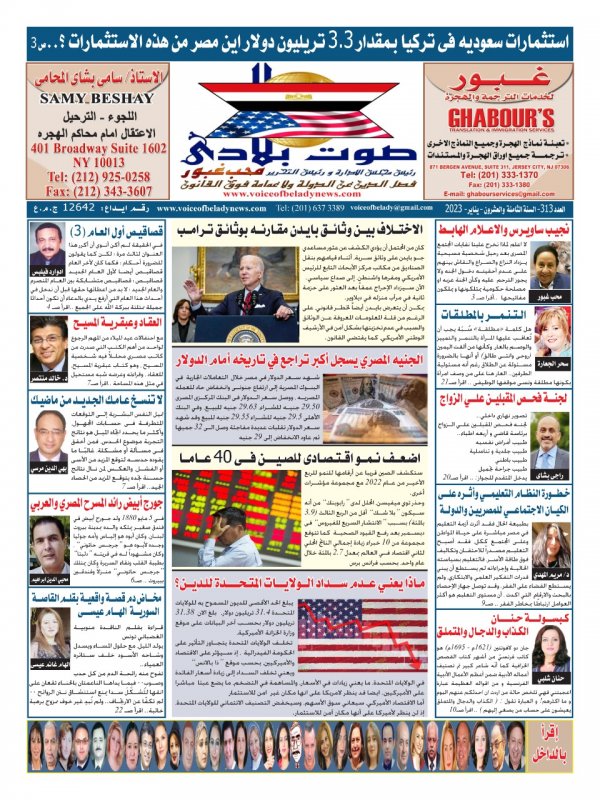I wrote
Huwaida Awad Ahmed
Conflict occurs as a result of a conflict or collision between different directions or a lack of compatibility of interests between two or more parties, which prompts the directly concerned parties not to accept the status quo and try to change it. Conflict can occur in the process of interaction between at least two ethnic parties, and this interaction constitutes a basic criterion for classifying conflicts broadly. So it can be said that there are three general types of conflicts. They are first
Diplomatic conflict. It is the one that takes place within the known and applicable procedural channels as means and mechanisms of diplomatic interaction, which are defined and regulated by international conventions, laws and norms. This takes place within the framework of multilateral diplomacy such as the United Nations and its specialized organizations, as well as regional organizations and others, or within the framework of direct bilateral relations.
Secondly, the non-institutional conflict, which takes place outside the known and applicable channels, but it does not constitute a contradiction to these channels, and this type of conflict is not characterized by violence. Examples of this type of conflict include severing diplomatic relations, imposing sanctions, exchanging accusations, press campaigns, and so on.
Third: Armed conflict, which disrupts or abolishes the existing and traditional channels of conflict interaction and replaces them with other mechanisms and means that are done with violence. The concept of war falls within this context, although many researchers prefer to use the concept of armed conflict over the concept of totalitarian war. The first concept is known as Quincy Wright. War as violent contact between distinct but similar units, he sees. Clawitz. War is the continuation of politics by other means.
Thus, he considers war as one of the political options available to the decision-maker to serve the goals of the unit or group that he represents. War, then, is not an end in itself and therefore must always be subordinated to politics.
And whoever reviews the humanities and media literature, notices the existence of many types of conflicts and wars, each of which is accompanied by an adjective indicating the type of this war or that conflict, such as cold or hot war, comprehensive or limited, nuclear or conventional, offensive or defensive, direct or mediated. Preemptive or preventive, economic or political, liberatory or anti-gang, psychological or strategic..
War is an armed conflict between population groups that can be considered as organic units such as tribes, religious or political parties, socio-economic classes, as well as states. the talk .
considered the analyst. Bertrand Russell .. War is a conflict between two groups, each trying to kill, maim or disrupt the largest possible number of the other group to reach a goal for which it works.
War is a high degree of organized violence that is prepared and carried out by a state, considering it a legitimate act that falls within the scope of its most basic rights, and this organized violence is directed against another state or against one of the non-international political units such as national and political organizations and movements.
The war may be a possible means for political activity aimed at finding an effective solution and in the interest of the party that is the source of the conflicting behavior when a clash of interests occurs with other parties.
War is tantamount to direct international violence.
Finally, there is a legal cover, that is, there is a state or a political unit that considers that what it is doing is not a crime, but rather a duty to serve the fundamental and legitimate goals of the unit.
And because war is characterized by acts of violence, small and limited clashes, and some riots that occur sometimes. As for the large, systematic wars, they are intended to change borders, or to greed target important places that serve the aggressor, or to respond to the injustice of the aggressor on the lands.




 رئيس التحرير يكتب : من التراب وإلى التراب يعود .. تحويل جثث الموتى إلى سماد عضوى
رئيس التحرير يكتب : من التراب وإلى التراب يعود .. تحويل جثث الموتى إلى سماد عضوى
 رئيس التحرير يكتب : لماذا تصر الحكومة على استمرار شريف أبو النجا رئيسا لمستشفى 57357 رغم الشواهد العديدة على فساده
رئيس التحرير يكتب : لماذا تصر الحكومة على استمرار شريف أبو النجا رئيسا لمستشفى 57357 رغم الشواهد العديدة على فساده اقرأ في العدد الجديد ( عدد يناير ٢٠٢٣ ) من جريدة صوت بلادي
اقرأ في العدد الجديد ( عدد يناير ٢٠٢٣ ) من جريدة صوت بلادي









